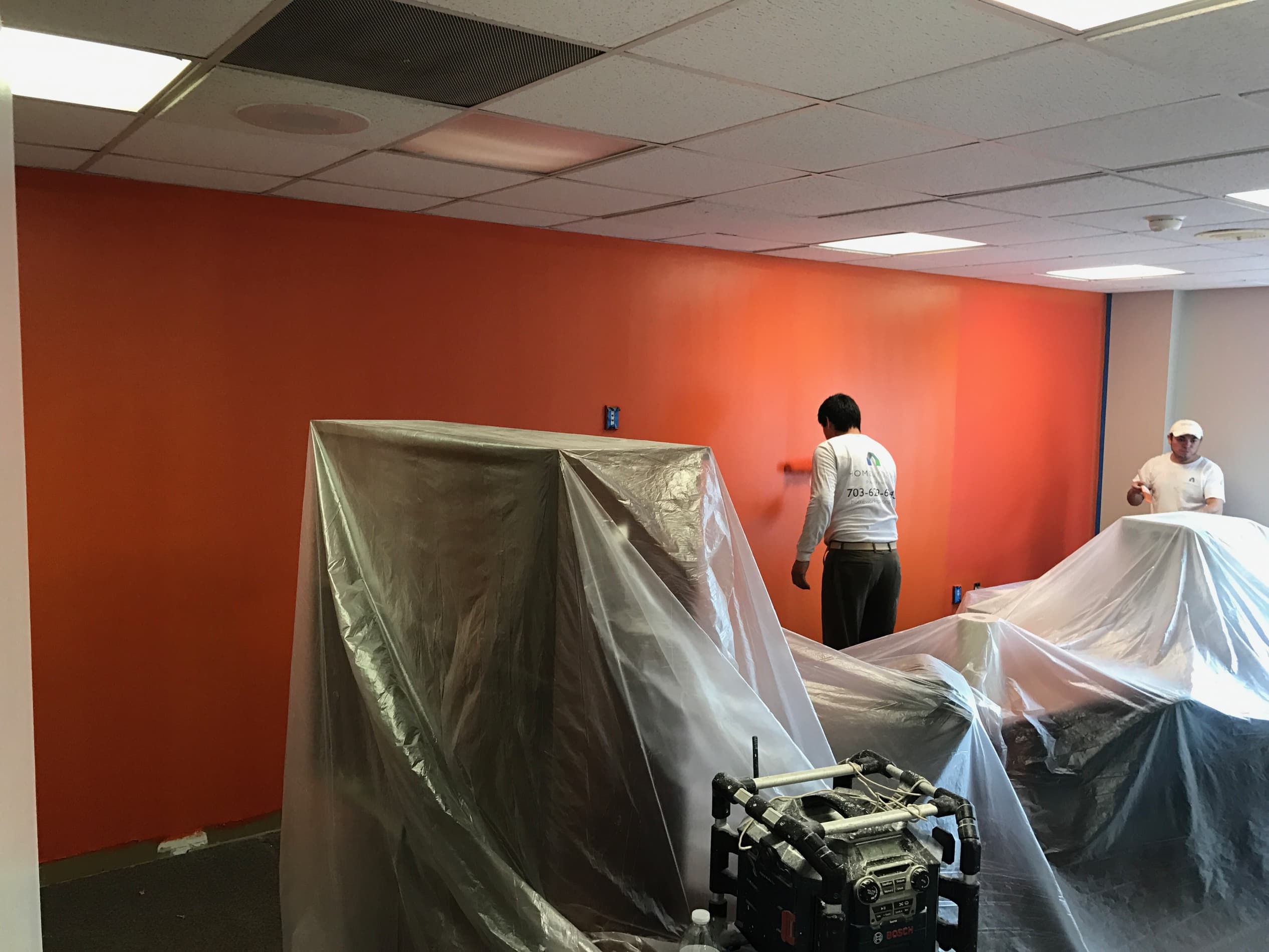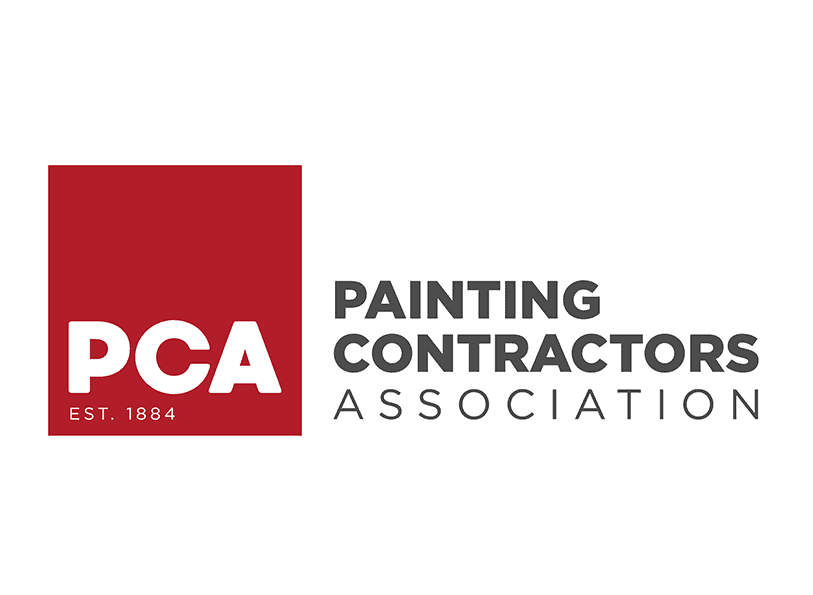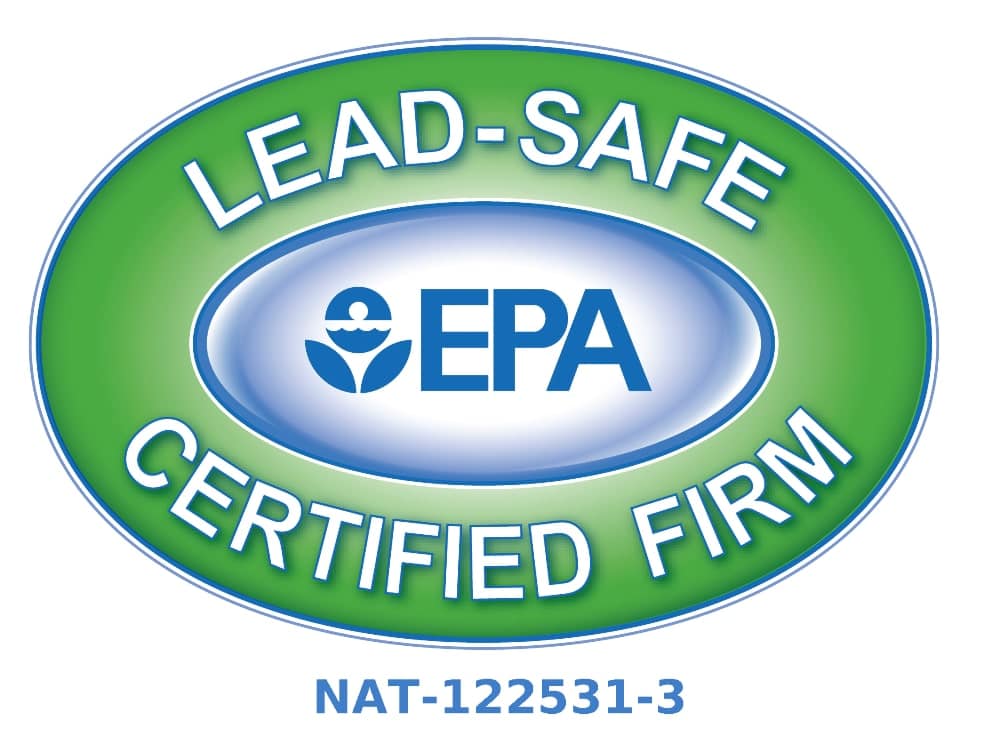
05 Mar Prep Work
For a successful paint job, preparation is vital. Selecting a color is just a small part of an overall paint project. If you take your time and do a meticulous job prepping your space before you begin applying paint, you will be happier with the final results! Professional painters know that the better the prep, the better the finish. Here are some tips if you plan on undertaking a paint job:
Declutter The Space:
* The less clutter, the more easily you will be able to move around and access the area.
* Move as many items as possible, including furniture, out of the room.
* If you can’t move the furniture out of the room, then move it into the center of the room and cover well in case of paint splatters or accidents.
* Clear everything off the walls including picture frames, nails, and light and outlet covers.
Inspect Walls:
* Inspect walls for any needed repairs including holes or cracks.
* Use a high-quality spackling compound to carefully fill any holes, cracks, or dents in the wall.
* Once completely dry (follow manufacturer’s instructions), you will need to sand the spackling using a fine grit sandpaper.
* All walls should be wiped down after being sanded.
* Walls should be grease-free before painting.
Protecting Before You Paint:
It’s important to take your time taping and covering everything up well including your floors before you open a paint can.
* If you’re a novice at painting, a good taping job will help. Many people think they can skip this time-consuming step and save some time, but it’s not a good idea if you haven’t painted before. Be sure to use painter’s tape and not some other kind of tape which could strip paint or even sheet-rock paper.
* Apply your tape carefully in short strips. Remember to press the edges of the painter’s tape, so the paint doesn’t bleed underneath.
* Cover your floors with a drop cloth or plastic sheet to prevent paint from staining the floors.
Final Prep:
* Depending on the paint you are using and the current color of your walls, you might need to start with a primer especially if you spackled anywhere on your walls. Whether you are applying a dark color on your walls, or painting over a dark color, priming can help reduce the amount of coats needed.
Once the prep work is done, all that’s left is the easy part, painting!
If this sounds like too much work, and you’d rather let professional painters help you, contact our office. We are happy to do an estimate for your next project and let you spend your valuable time doing something you might enjoy better! We work with clients all over Northern Virginia.

Mike Katounas is the owner of Home Works Painting, a painting business in Northern Virginia. He has over 15 years of experience in residential interior and exterior painting, drywall installation/repair, carpentry, wallpaper removal, power washing, commercial painting, color consultation, and staining/sealing. Their service areas include Chantilly, Fairfax, Herndon, Oakton, Reston. Mike takes pride in his work, and he always follows a strict code of conduct that includes the use of quality paint, a clean workspace, and an honest, respectful approach to his customers.










Sorry, the comment form is closed at this time.